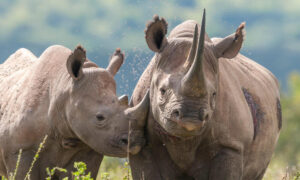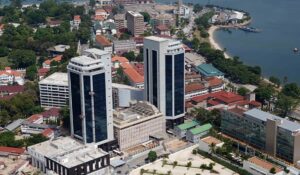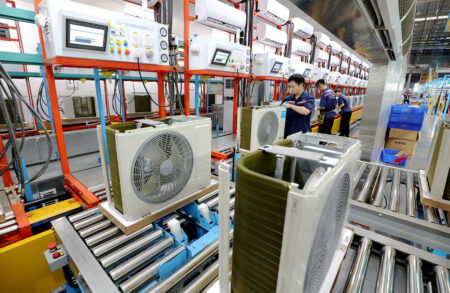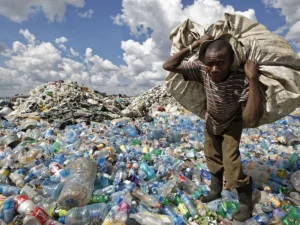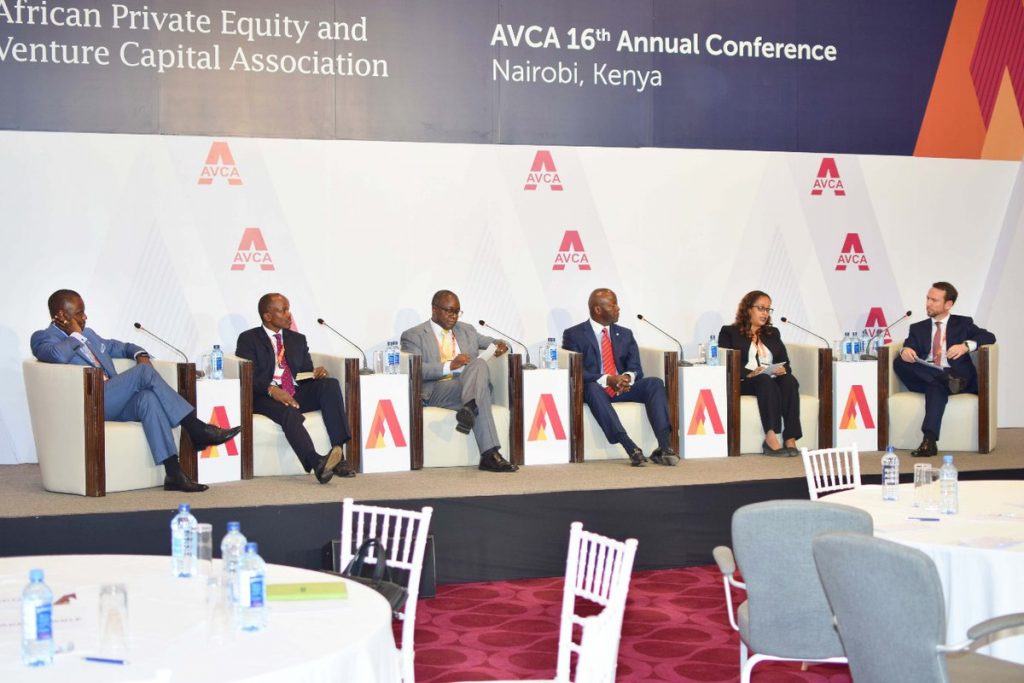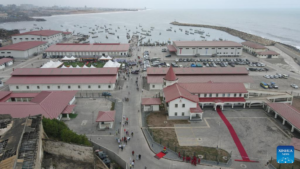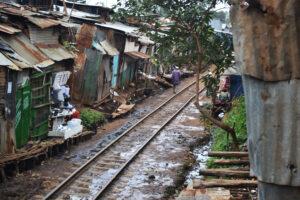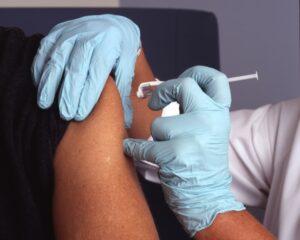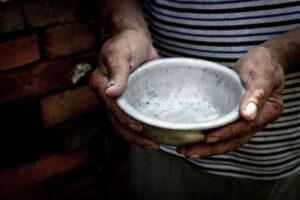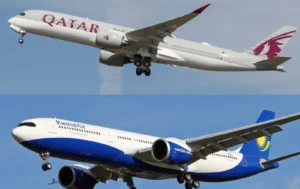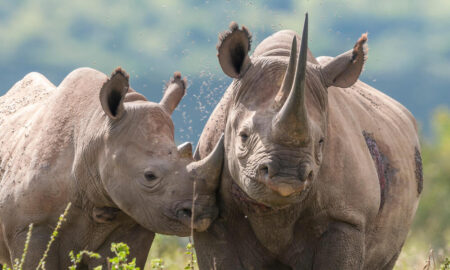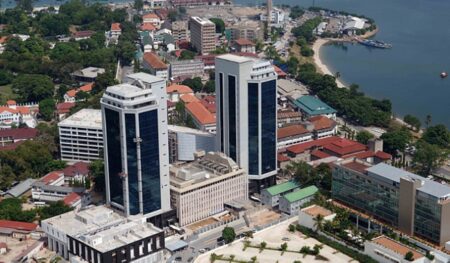- From safari icons to status symbols: The dual fate of Tanzania’s black rhinos
- Tanzania taps $149 million IMF loan for budgetary support
- Africa poised for fastest growth in $8 trillion cooling systems market
- Rwanda-based Bboxx eyes generating $100M worth of carbon credits in Africa
- Telemedicine Services in Murang’a County: Kenya’s technological Initiative to Decentralize Healthcare
- The bitter pill of cocoa’s value chain in Ghana and Ivory Coast
- Rwanda, Kenya, and Guinea: Is Africa’s plastic-free revolution taking shape?
- Africa’s AI revolution: Navigating opportunities, risks, and security concerns
Africa
- The market for sustainable cooling systems in developing economies is set to hit $600 billion by 2050. Research shows that sustainable cooling systems can cut cooling-related emissions by almost 50%.
- They can also help lower electricity bills, reduce equipment costs, and power sector investments by $8 trillion by 2050.
- Unlocking finance, in particular private finance, is essential to support the transition to sustainable cooling across developing economies.
Economies in Africa are projected to experience the fastest growth in cooling systems, a new survey by the International Finance Corporation and the UN Environment Programme (UNEP)-led Cool Coalition shows.
Globally, Africa is poised to see her cooling systems industry expand by a factor of seven closely followed by countries in South Asia which will see this market segment quadruple.
“The sustainable cooling market represents at least a 600-billion-dollar opportunity for the private sector, …
- Guinea has announced a single-use plastic ban, signalling the growing momentum of the African plastic ban movement.
- Guinea prohibits the production, import, sale, and use of single-use plastics, including plastic bags and oxo-degradable plastics.
- The country now joins trailblazers Rwanda, Kenya and Somalia, who banned single-use plastics in their jurisdictions.
Africa is experiencing a vital environmental wave with the increasing rollout of tough measures on single-use plastics. With trailblazers Rwanda and Kenya having banned single-use plastics, Guinea has joined the elite club, announcing a sweeping ban on single-use plastic products and packaging.
Early this year, Somalia joined this movement, banning the use of single-use plastics beyond June 30, 2024. Authorities in the Horn of Africa country urged individuals and businesses to explore using environmentally friendly alternatives to meet their packaging needs.
This move by the West African country signals a historic moment for the continent's push to counter the…
- Innovation is the route to business, company, industry and national success story.
- To realize this success, however, governments must create policies that encourage and support innovation at scale.
- For Africa, the jury is still out on the role of governments in driving innovation.
From the developed to emerging to the underdeveloped economies, one thing that policymakers agree is that innovation drives industrial and therefore national progress. It creates opportunity for individuals and investors, grows businesses, and powers a nation’s development agenda. For these reasons, policymakers are advised to place emphasis on innovation.
Matt Banholzer, an economics researcher and author of How innovation can accelerate industry momentum report explains that while macroeconomics concept of development correctly looks at the economy as a whole, policymakers must not be naïve to think policies of the ‘whole’ will foster development of the individual and vice vasa.
The researcher is of the view that policymakers, …
In Africa, South Africa has the biggest Airbnb market, accounting for half the listings in Africa.
In 2021, Airbnb registered 2.9 million hosts, with 100,000 of those coming from Africa. Approximately 14,000 hosts are now joining every month. It has reported 7 million listings and has spread to over 100,000 cities in 220 countries and regions.
South Africa boasts 43,400 listings and an income of above US$95 million; Morocco has 21,000 listings and an income of above US$22 million; Kenya has 5900 listings and a US$3.9 million income. …
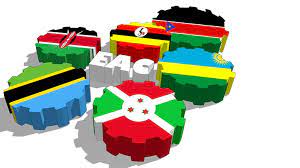 When the Head of the African Continental Free Trade Area Secretariat told an executive panel in Washington, DC the fact that: ‘Africa is importing too excessively and manufacturing too little…’ what was the expected reaction from the orchestrators of so-called ‘Africa trade support programs’ the likes of the Africa Growth and Opportunity Act (AGOA)?
When the Head of the African Continental Free Trade Area Secretariat told an executive panel in Washington, DC the fact that: ‘Africa is importing too excessively and manufacturing too little…’ what was the expected reaction from the orchestrators of so-called ‘Africa trade support programs’ the likes of the Africa Growth and Opportunity Act (AGOA)?
That maybe they will be enlightened to some new ‘fair trade’ concept that they are not aware of or maybe they will be moved to—maybe cut back on their exports to Africa?
Both sides would do well to recall what is buried in the shallow graves, engraved thus: ‘When East African countries suggested ending import of second-hand clothing to boost their own garment manufacturing industries, AGOA contracts forced them to abandon the idea and continue wearing used American apparel.’
When the high ranking African delegate, Wamkele Mene, suggested before top US economic diplomats that ‘…the continent…
The question is, what if one day you went to pay for expenses with your card or mobile app and it returned an error message? Or was your service provider that issues your money declared bankrupt? Scary, right?
Recently, customers have been converting their regular traditional money into e-money. Service providers have enabled the transfer of electronic money to banks, from person to person, and for making payments.
For regulators and supervisors that control the protection of consumers’ e-money and digital currencies, coming up with legal bindings and restrictions in the fast-changing sector has become very challenging. These regulators and supervisors must devise ways to protect customers from a possible system failure and ultimately prevent them from losing their funds.…
- In pursuit of bringing about electrification to the continent, the energy sector was abuzz with activity in 2021
- In September 2021, for instance, Uganda launched the last-mile connectivity component to connect 87,500 rural households with affordable electricity
- In June 2021, the World Bank Board approved US$200 million in International Development Association (IDA) funding to help Benin improve its access to electricity services for households, businesses, and essential public services
Africa is the world’s least electrified continent, with nearly 600 million people in sub-Saharan Africa or 53 per cent of the population still living in the dark in 2021, according to data by The Economist.
In pursuit of bringing about electrification to the continent, the energy sector was abuzz with activity in 2021. Below are some of the most significant electrification projects that have been ongoing in Africa in the past year.
- Uganda’s last-mile connectivity project
In September 2021, Uganda launched
- On November 21 Kenya announced that beginning December 21, authorities will require anyone seeking government services to provide proof of full Covid-19 vaccination
- Human Rights Watch data indicates that approximately 10 per cent of adults in Kenya had been vaccinated by the end of November
- The lobby group has urged Kenya to amend measures it announced, requiring everyone seeking government services to be fully vaccinated against COVID-19 to avoid undermining basic rights
Authorities in Kenya have been urged to amend measures it announced, requiring everyone seeking government services to be fully vaccinated against COVID-19 to avoid undermining basic rights.
In a statement, Human Rights Watch data indicates that approximately 10 per cent of adults in Kenya had been vaccinated by the end of November, based on Health Ministry figures, the requirement risks violating the rights to work, health, education, and social security for millions of Kenyans.
“While the government has …
- The number of acutely food insecure people in West and Central Africa has risen to a record high of 28 million people
- This is the largest number of people facing high acute food insecurity in West and Central Africa recorded since 2014
A new report has indicated that the number of acutely food insecure people in West and Central Africa has risen to a record high of 28 million people; days after Save the Children said more than 260,000 children may have died from extreme hunger or related diseases in East Africa.
According to the Food and Agriculture Organization of the United Nations (FAO) and the United Nations World Food Programme (WFP), West and Central Africa trends point toward a further deterioration if support to stem the spread of hunger is not increased.
Data by the two UN organizations indicate that in the Sahel and West Africa, 26 million people …
